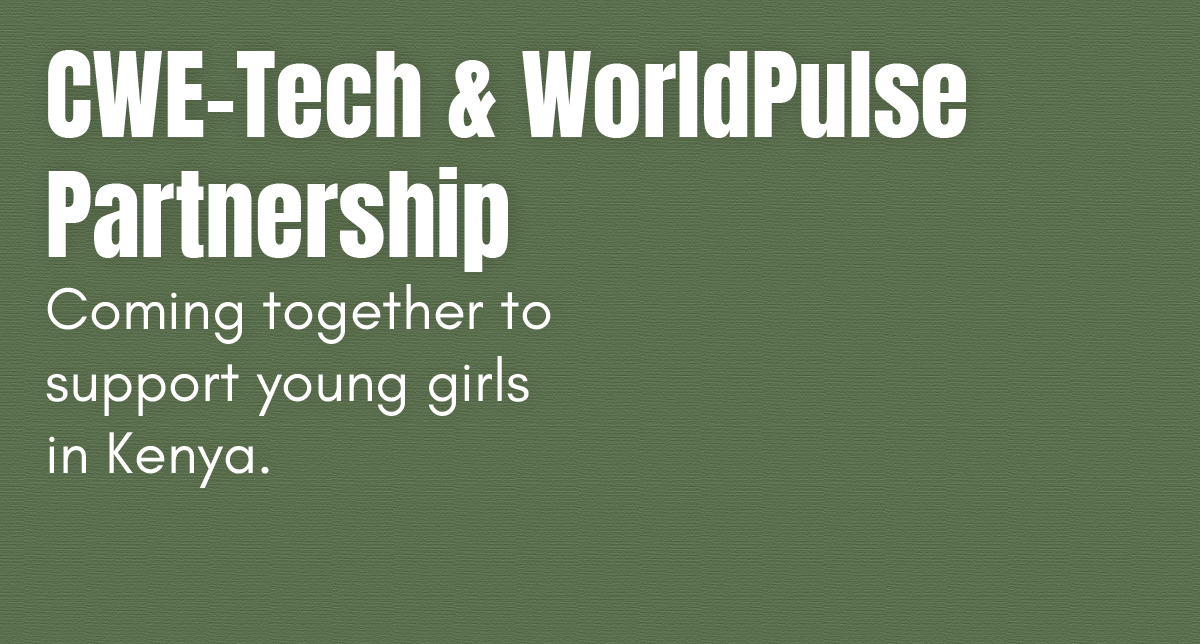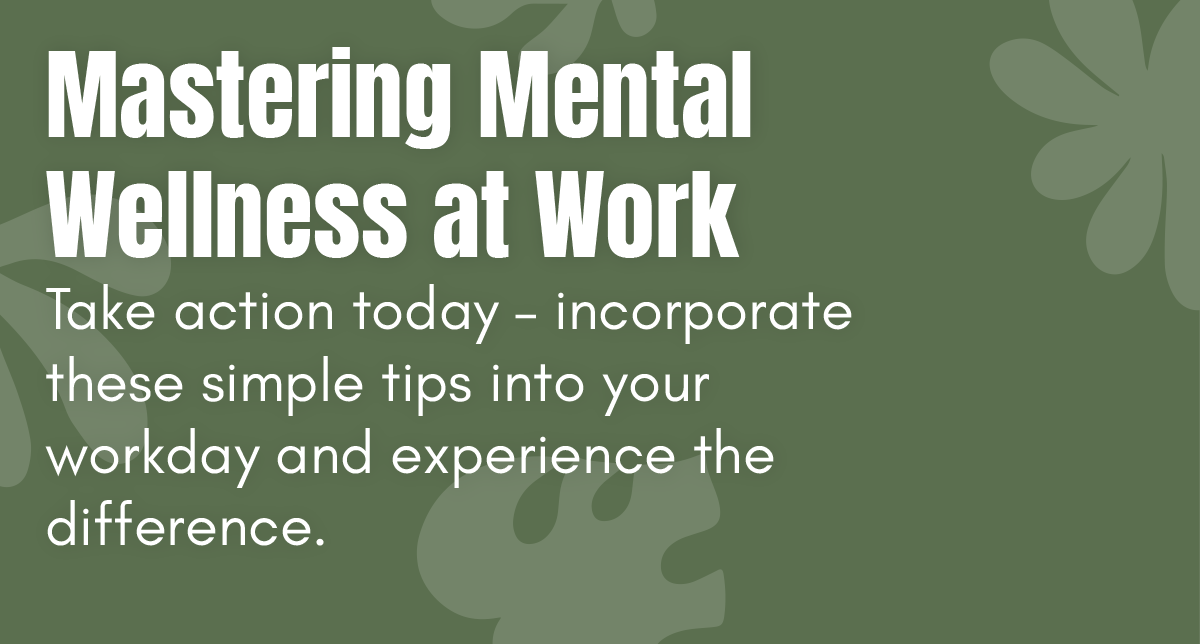Being a working mother is no small feat. Balancing career aspirations with the demands of motherhood is an intricate dance, often performed under the heavy veil of societal expectations. Central to this juggle is an issue many hesitate to discuss—maternal mental health stigma. But what exactly is this stigma? Simply put, it’s the societal prejudice and misunderstanding surrounding the mental health challenges that new and expectant mothers face.
In professional settings, this stigma can be particularly insidious, leading to a cycle of silence, shame, and isolation. Addressing this issue is not just important; it’s imperative. By reducing stigma, we open doors to support, understanding, and ultimately, healthier environments for mothers to thrive both at home and at work. This article aims to illuminate the path towards destigmatization, offering insights and strategies to foster a more inclusive workplace.
The Impact of Maternal Mental Health Stigma
Effects on Individuals
Imagine feeling trapped in a world where reaching out for help feels like admitting defeat. This is the reality for many mothers facing mental health challenges. The emotional and psychological toll of stigma can be profound, leading to feelings of inadequacy, anxiety, and depression. When stigma looms large, it erects barriers to seeking help. Mothers may fear judgment or repercussions, pushing them to suffer in silence instead of accessing available support. This reluctance only exacerbates their struggles, creating a vicious cycle that’s hard to break.
Effects on Workplaces
The ripples of maternal mental health stigma extend beyond the individual, affecting entire workplaces. When employees aren’t operating at their full potential due to unaddressed mental health issues, productivity and morale take a hit. Colleagues may notice the change but feel helpless or unsure of how to assist. In addition to decreased productivity, stigma can lead to increased absenteeism and turnover. Employees may choose to leave their jobs rather than face a work environment that seems indifferent or hostile to their struggles. This turnover not only affects team dynamics but also places a financial burden on companies as they scramble to fill vacated positions.
Strategies to Reduce Stigma
Mental Health Training
The first step towards change is awareness. Mental health training can be a powerful tool in dismantling stigma. By educating employees about the realities of maternal mental health and the impact of stigma, workplaces can cultivate a culture of empathy and understanding. Such training can cover a range of topics, from identifying signs of distress to offering practical support. professionals to deliver tailored workshops, while others have used online platforms to reach a wider audience. The key is to provide accessible, actionable information that empowers employees to make a difference.
Promoting Open Conversations
Creating safe spaces for discussion is crucial in breaking down the walls of silence. Encouraging open conversations about maternal mental health can demystify the topic and foster a more supportive environment. Organisations can hold regular forums or support groups where employees feel comfortable sharing their experiences without fear of judgment. Leadership involvement is vital in promoting these conversations. When leaders openly discuss mental health, they model vulnerability and authenticity, setting the tone for the rest of the organisation. By normalising these discussions, companies signal that mental health is a priority, not a taboo.
Implementing Supportive Policies
Policies that support maternal mental health can make a world of difference. Flexible work arrangements, such as remote work or adjusted hours, provide mothers with the autonomy to balance their responsibilities without sacrificing their well-being. Additionally, offering mental health days and resources like counselling services shows employees that their mental health is valued. These policies not only support mothers but also signal to all employees that the company is committed to fostering a holistic approach to well-being.
Successful Stigma Reduction Initiatives
Postpartum Support International (PSI): PSI offers resources and support networks for new mothers experiencing mental health issues. Their initiatives have significantly increased awareness and reduced stigma around postpartum depression.
Mothers’ Mental Health Matters (MMHM): A campaign by the Royal College of Psychiatrists that provides information on maternal mental health, leading to greater understanding and improved healthcare practices within the UK.
Mothers2Mothers: A South African initiative that focuses on providing mental health support, education, and peer mentoring to expectant and new mothers living with HIV. Its success lies in significantly reducing the rates of mother-to-child transmission of HIV, improving maternal mental health by fostering a supportive community, and empowering women through education and employment opportunities as mentor mothers. It has created a healthier, more informed, and empowered community of mothers, contributing to broader public health improvements in the region
The Africa Maternal Mental Health Initiative (AMMHI): focuses on providing resources and support for maternal mental health across the continent. It aims to educate mothers on mental health issues, offer counselling services, and advocate for better healthcare policies to support maternal well-being. Lessons Learned from Various Organisations
The lessons learned from these organisations are invaluable. First, it’s essential to tailor initiatives to the unique needs of the workforce. What works for one company may not work for another. Flexibility and adaptability are key. Second, involving employees in the design and implementation of initiatives fosters a sense of ownership and buy-in. When employees feel heard and valued, they’re more likely to engage with and support the initiatives.
Take Action Now
Reducing maternal mental health stigma is not just a moral imperative; it’s a strategic advantage. Organisations that prioritise mental health create a culture of trust, loyalty, and engagement. For those ready to effect change, start by advocating for mental health training and open conversations within your organisation. Consider partnering with mental health professionals, like Tafara Wellness Initiative, to develop tailored programmes and policies that support maternal well-being. Together, we can break the silence and create workplaces where mothers can thrive.
Mind the Mum: Bridging the Gap in Maternal Mental Health
Reducing maternal mental health stigma is a multifaceted challenge that requires collective effort and commitment. By addressing stigma, we pave the way for healthier, more inclusive workplaces that empower mothers to succeed. Remember, the impact of stigma extends beyond the individual, affecting families, communities, and organisations as a whole. By taking action today, we contribute to a future where mental health is prioritised, and everyone has the opportunity to flourish.
Let’s continue the conversation, advocate for change, and build a world where maternal mental health is celebrated, not stigmatised. Together, we can create a brighter future for all mothers and their families.





